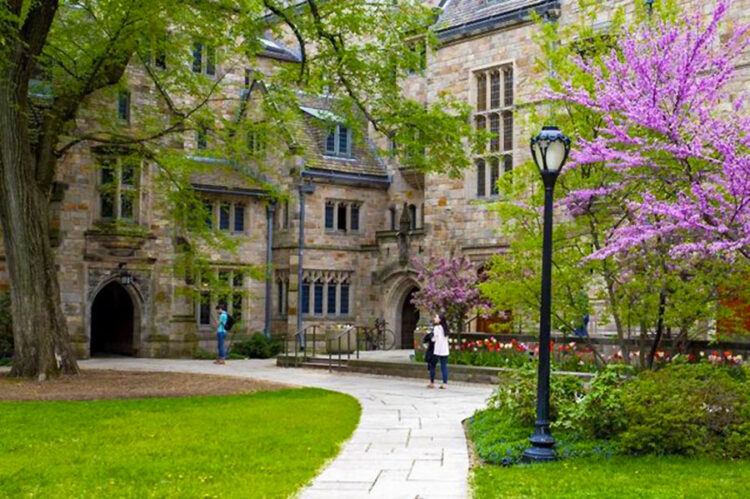By Aaron Miller-
Following a recent boycott by several of the U.S leading law schools, U. S. News and World Report will be revising the methodology it uses to rank law schools in the future.
According to a letter posted on Monday, Robert Morse, U.S. News’ Chief Data Strategist, and Stephanie Salmon, its Senior Vice President for Data & Information Strategy, wrote that the publication would make several changes in its methodology for the next rankings – the 2023–2024.
The letter promises to address alleged bias in the method used in determining its ranking, and endeavour not to conduct assessment that favour wealthier higher institutions at the expense of poorer ones.
There have been deep concerns expressed by prominent universities like Harvard, Yale, Stanford, Northwestern, Georgetown, Columbia, University of Michigan, and the University of California, Berkeley, all of which have protested against the methodology used in assessing and ranking Law schools in America.
All of the above schools last year decided to withdraw from participation in the rankings, alleging systemic flaws in the manner in which they were determined.
Yale Law School Dean Heather Gerken’s described the U.S. News rankings as profoundly flawed, stating that they disincentivize programs that support public interest careers, champion need-based aid, and welcome working-class students into the profession. We have reached a point where the rankings process is undermining the core commitments of the legal profession. As a result, we will no longer participate.”
According to the letter, U.S. News officials have had conversations with more than 100 deans and representatives of American law schools in recent weeks to discuss the rankings process and possible revisions that would address some of the concerns that had prompted last year’s outcry.
The letter acknowledged that “we realize that legal education is neither monolithic nor static and that the rankings, by becoming so widely accepted, may not capture the individual nuances of each school in the larger goal of using a common set of data.”
The publication which publish annual rankings has indicated a number of changes, including the reduction of emphasis placed on peer assessment completed by academics, lawyers and judges (how much the weighting would be reduced was not specified in the letter) and increase the weight it gives to various outcome measures (amount also unspecified)
It also said it will credit employment outcomes it had previously not included, such as public-interest legal fellowships and graduate school attendance and continue to “work with academic and industry leaders to develop metrics with agreed upon definitions” concerning areas such as financial aid, diversity and socioeconomic indicators.
U.S. News said it would “rank law schools in the upcoming rankings, using publicly available data that law schools annually make available as required by the American Bar Association, irrespective of whether schools respond to its annual survey.
In an apparent bid to encourage schools to participate, it added that it would publish more detailed profiles for those that do complete the survey.
The letter was released just before the start of the annual meeting of the American Association of Law Schools, which is being held in San Diego from January 3-6. Morse and Salmon concluded by saying that they welcomed additional discussions about the rankings process at that gathering.
Among the objections raised were the subjectivity of peer assessments and the bias in favour of wealthy institutions – apply to the undergraduate rankings as well.
The law school boycott was powerful because it was led by the very institutions that have benefited the most from the rankings over the years. But its full effects are not yet known.

